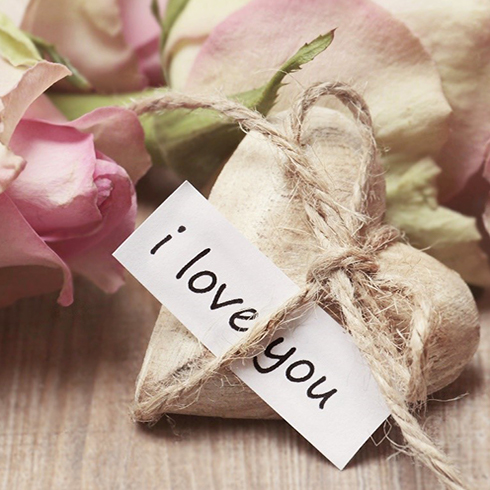If grief and loss is not readily acknowledged or supported by community rituals it becomes more complicated. As human beings we all grieve for the death of loved ones. We also grieve other losses which are often more private and not talked about. These could include:
- the breakdown of a relationship
- the loss of a job or promotion
- the unexpected loss of a dream
- the loss of never having the biological child because of infertility
- miscarriages
- trauma
- the loss of healthy functioning and physical abilities
- the death of a pet
- leaving a familiar neighbourhood
- the shock of migration
- having a child leave home
Even when the loss is one that is readily recognised the message might be, “Haven’t you got over that yet?” Or, “He or she is in a better place, just try to be brave.” Platitudes can be distressing and although people mean well, their comments can be hurtful. Unless they have experienced their own losses, it is difficult for most people to understand that grief and loss is cumulative. Each new loss adds up. It is not uncommon for my clients to say they find themselves more “cut up” over the dog or cat dying, than the relationship breakdown. Then they feel guilty. That is normal. It does not mean there is anything wrong with you.
After many years of working with grief I have come to the following insights. We grieve because we love and care deeply about the person, the ideal situation or the dream.
Different people grieve at different rates and in different styles. Instrumental grievers who are traditionally, but not always, “blokes”, do not talk about feelings, do not cry but get really busy doing projects, establishing charitable foundations or building memorials. In contrast, the Expressive grievers, who are traditionally women, tend to cry, talk about their feelings and reach out for support. These differences can add strain to relationships and families. That is especially the case if one way is seen as the right way and people are judged by the way they grieve.
These labels, Instrumental and Expressive, are only words that psychologists have applied to styles of grief. There is no right or wrong way to grieve. There is also no manualized treatment approach which will work for grief. BUT it is really important to have someone who will truly listen to the story and not judge you.
We need to make sense of what has happened and to give our lives and suffering meaning. In my own grief journeys and work, I have taken comfort from the words of Elizabeth Kubler-Ross, a pioneer in this field. She wrote:
The most beautiful people we have known are those who have known defeat, known suffering, known struggle, known loss, and have found their way out of the depths. These persons have an appreciation, a sensitivity and an understanding of life that fills them with compassions, gentleness, and a deep loving concern. Beautiful people do not just happen
I have been inspired by the way so many of my clients, with the appropriate support, used their grief and loss as a catalyst for personal growth.
This may resonate with you. If you want to learn more about how I could accompany you on your grief journey,


